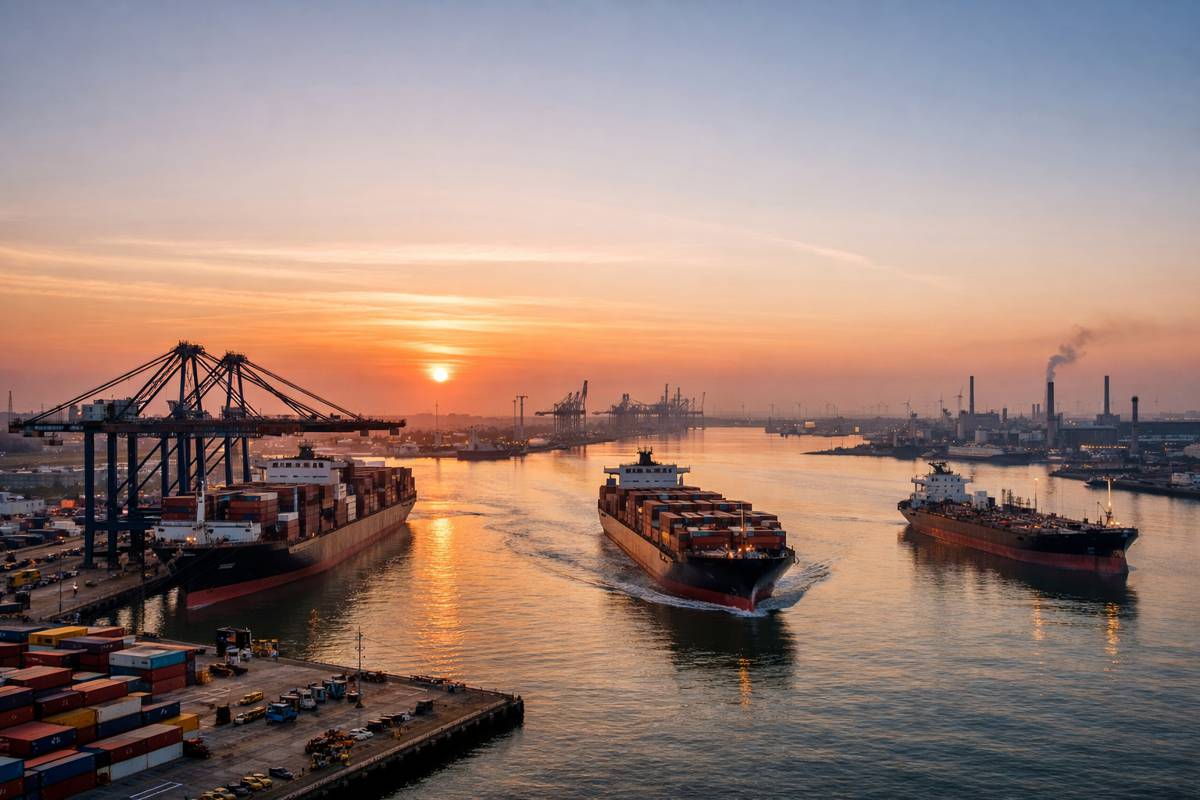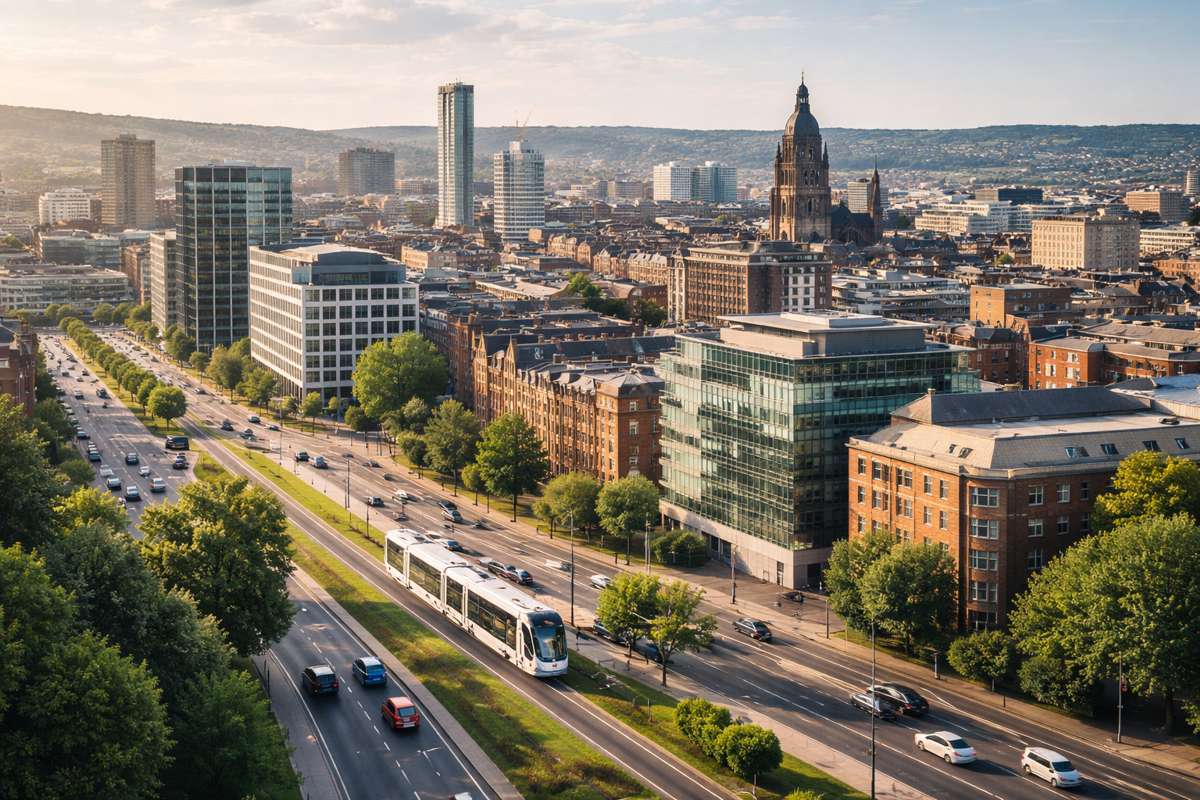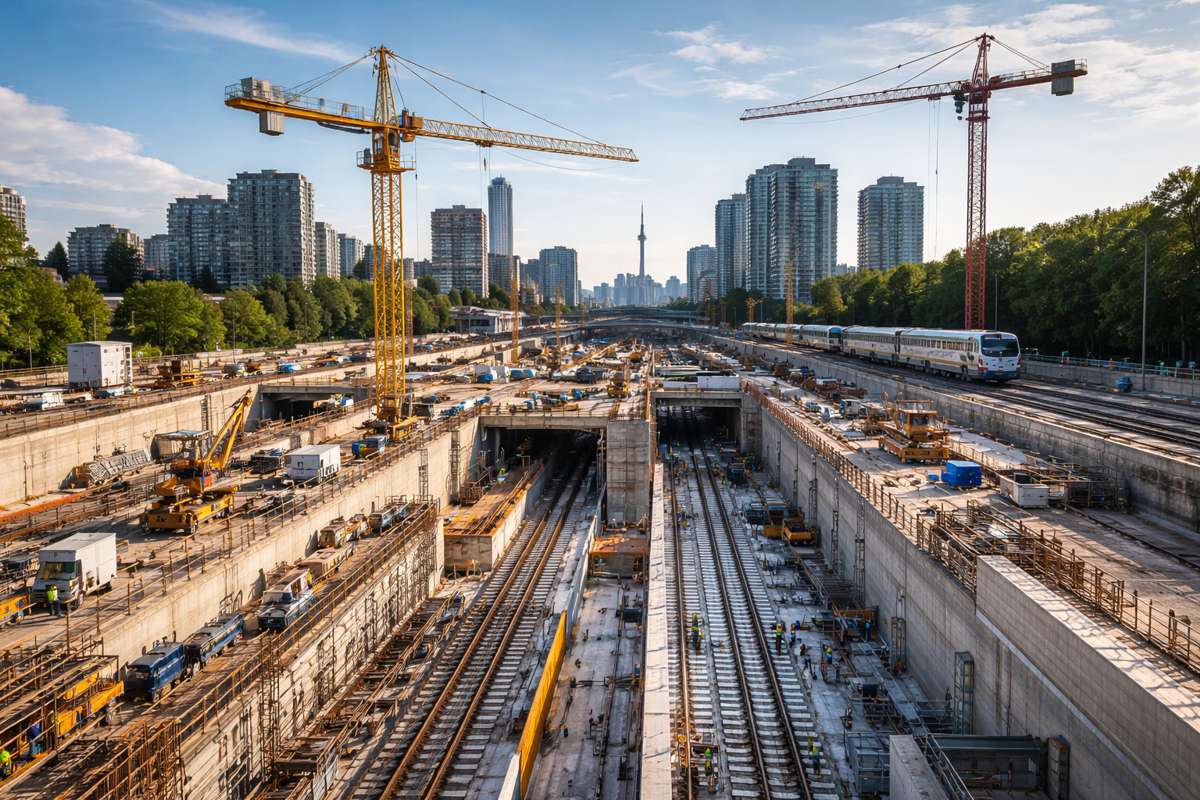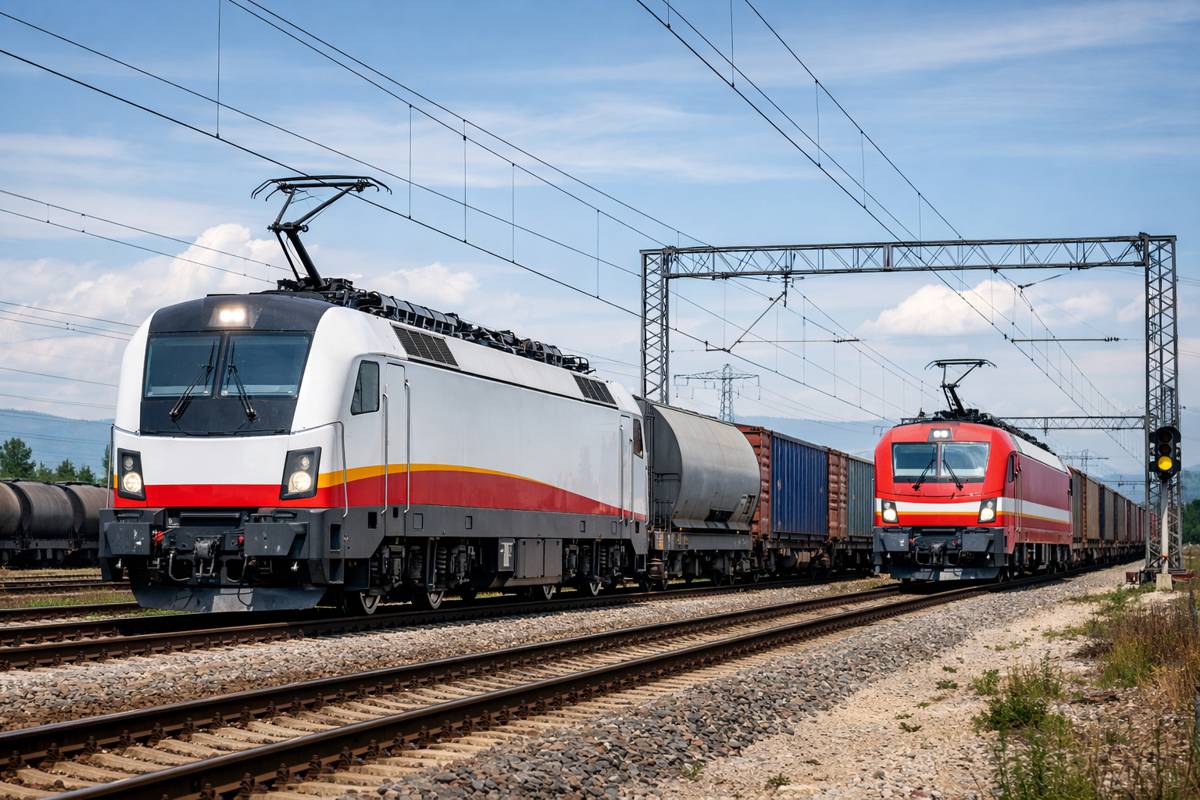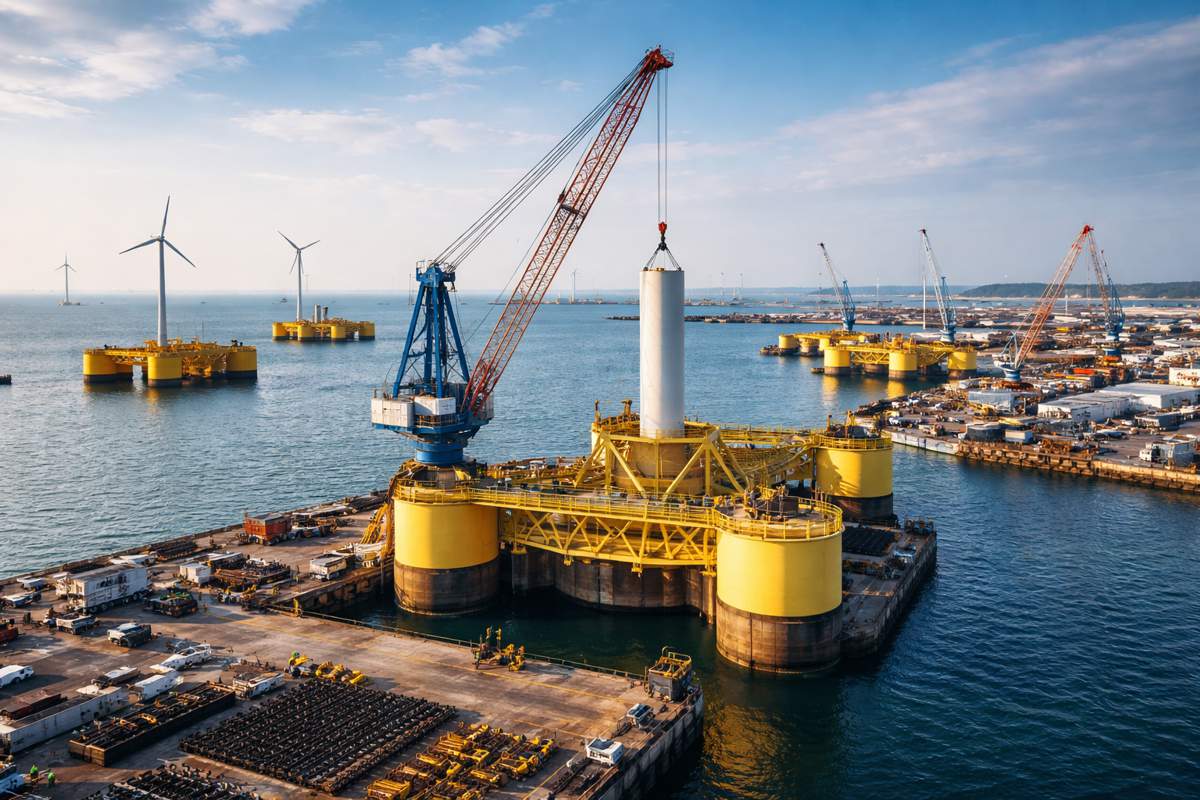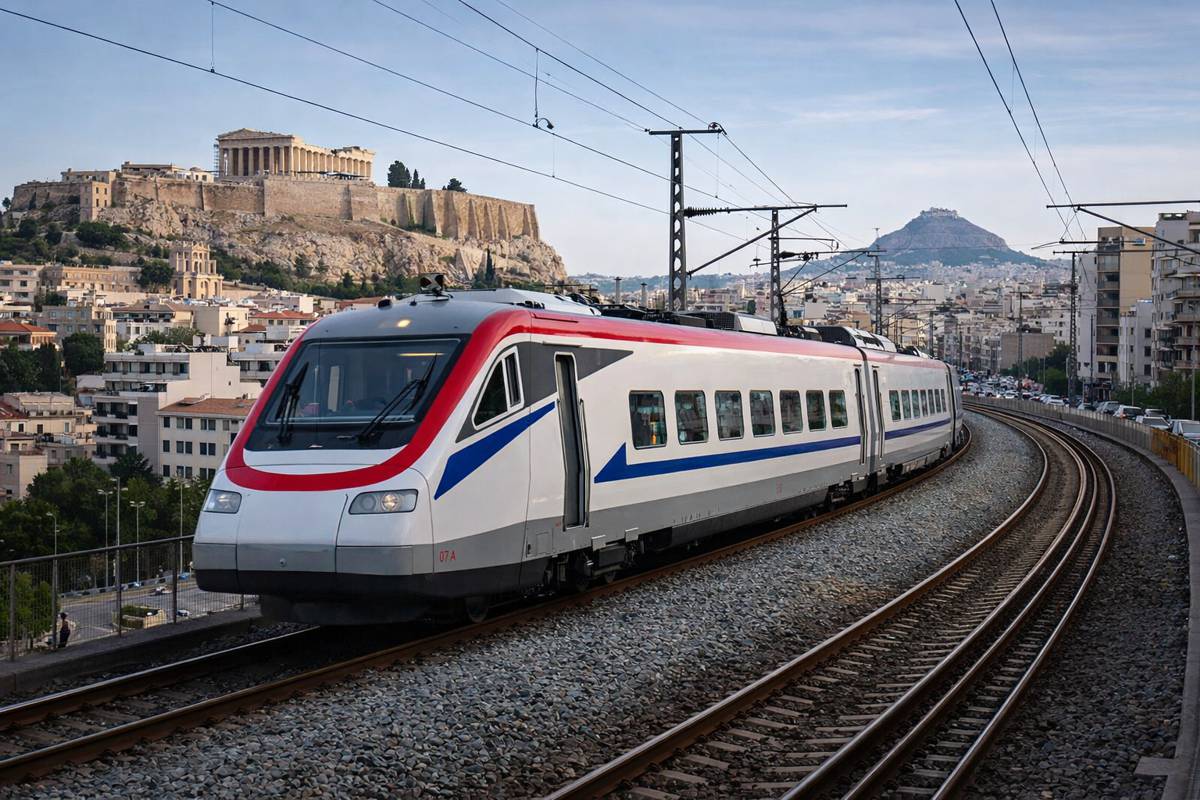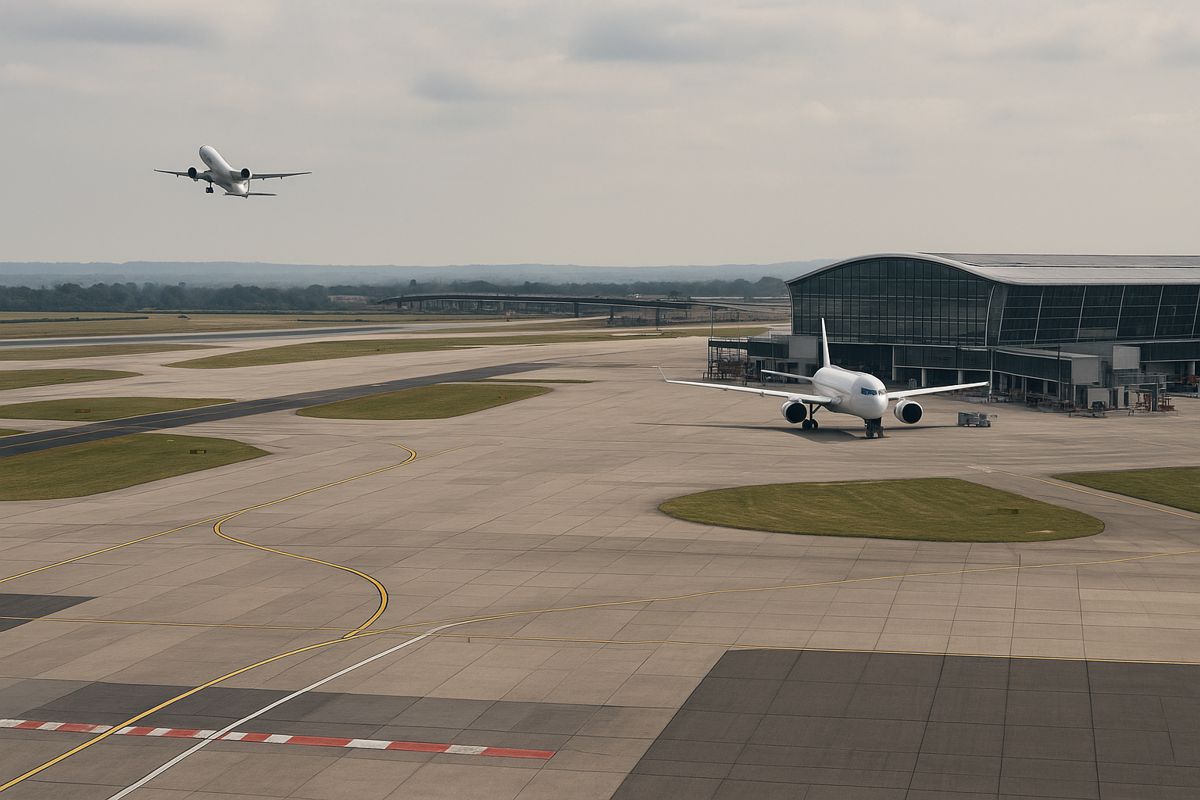Northern UK leaders call for clear communication to manage rail challenges
Crystal clear communications with rail passengers and staff will be the single most important factor in keeping people safe as we move into the next phase of the Covid-19 pandemic, Northern leaders have said.
With just five per cent of travellers using rail services compared to normal and just 45 per cent of services operating, Rail North Committee Members are clear of the need for “extreme caution” and “baby steps” as preparations take place to ramp up rail services to around 65 to 75 per cent of pre-Covid levels. And with rail capacity severely restricted because of these social distancing requirements, Members re-enforced the message that rail travel should only be used for essential travel and when no alternatives were available.
Meeting online on Tuesday 12 May, the morning new guidance on dealing with the Covid-19 crisis was shared with operators and rail users by Government, they agreed that absolutely critical to managing social distancing across the rail sector was clear communication both to travellers themselves and to those who provide rail services.
Since the country entered lockdown on 23 March, the North of England Contingency Group has been meeting regularly to ensure the services that are still running meet the needs of those key workers using them, such as NHS staff getting to the new Nightingale hospitals.
Barry White, Chief Executive of Transport for the North, explained: “Rail responded quickly to the lockdown and, while much of the policy has been set nationally, we have had local input. We have had the opportunity to help tailor services to meet local needs and this has been useful. I want to thank all our partners who have helped with this.”
Now, work is underway to begin the “ramping up” of services.
On Monday 18 May it is expected that rail services across the North’s operators will be restored to between 65 and 75 per cent of pre-Covid levels. This is happening to create additional capacity to be ready as restrictions are eased.
Greater Manchester’s Metro Mayor Andy Burnham described the situation as “a reset moment.” He added: “This must be a moment where we draw a line under two years of chaos. We have been able to get back to a stable position. We have seen a cultural change and that’s thanks to all on the railway.”
He also said any increase in services must be done “extremely cautiously” adding that there needs to be “clear messaging about capacity and social distancing.”
Paying tribute to frontline staff, Councillor Judith Blake, Leader of Leeds City Council, added: “It has been an incredible effort and we owe them a huge debt.”
She continued: “There is some uncertainty and it is going to be a day to day process. I would like to be sure there is a really clear comms strategy to ensure that staff are respected by the travelling public and it is clear what expectations are on trains, access points, barriers and ticket machines.”
David Hoggarth, Strategic Rail Director for Transport for the North, said: “Throughout this crisis we have been working closely with our partners and industry through the North of England Contingency Group to share intelligence and ensure rail services can meet essential needs. We, industry, and all our Members are clear; it is vital that people help us keep trains clear for those who really need them by considering whether their journey is really necessary and, if it is, whether they could travel another way.”
On Tuesday, members concluded that progress has been made recently in the industry and that nothing should be done to put that at risk – close oversight and devolved input will help ensure rail services can be recalibrated according to passenger needs and, in the interim, can operate within the lockdown guidance as it is develops.










